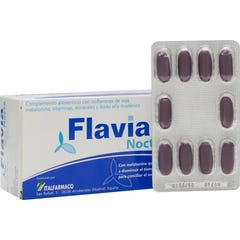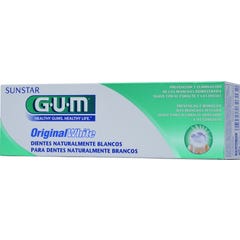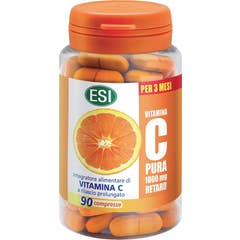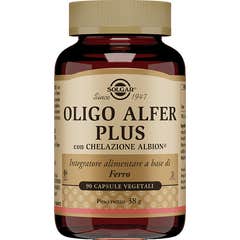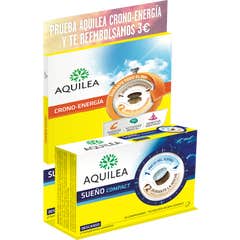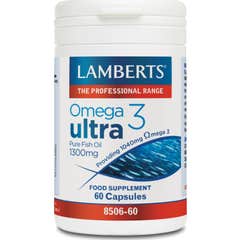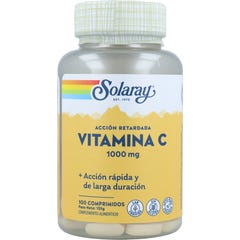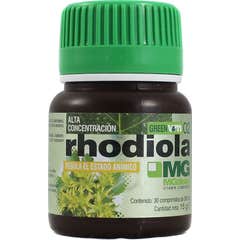Vitamin D is a fat-soluble vitamin that can be ingested with food or manufactured by the body as a result of the incidence of sunlight on the skin. For people with little exposure to sunlight it is often interesting to supplement the diet with an extra supply of vitamin D. In today's lifestyle, exposure to sunlight is minimal. This nutrient is important for the normal absorption and utilization of calcium and phosphorus. It also contributes to the maintenance of normal blood calcium levels, which is why it is particularly important during the winter months and especially in the elderly, as the body's ability to produce vitamin D decreases with age.
It helps to reduce the risk of falls related to postural instability and muscle weakness. Falls are a risk factor for bone fractures in men and women over 60 years of age. This benefit is achieved with a daily dose of 20 µg. It is essential for healthy bones and teeth, and is also important for a healthy immune system and normal muscle function. It also contributes to the process of cell division. This is not surprising when you consider the fact that it is involved in the expression of more than 1000 genes.


